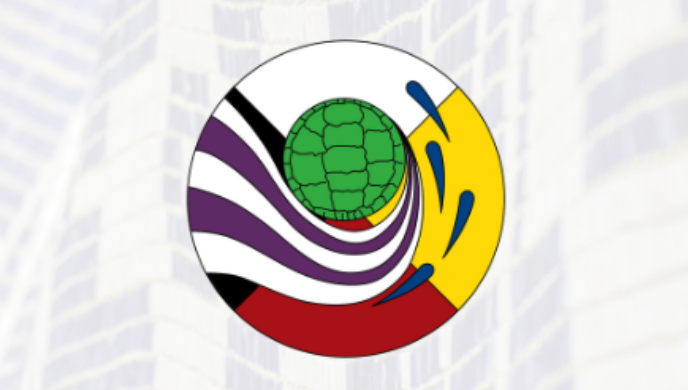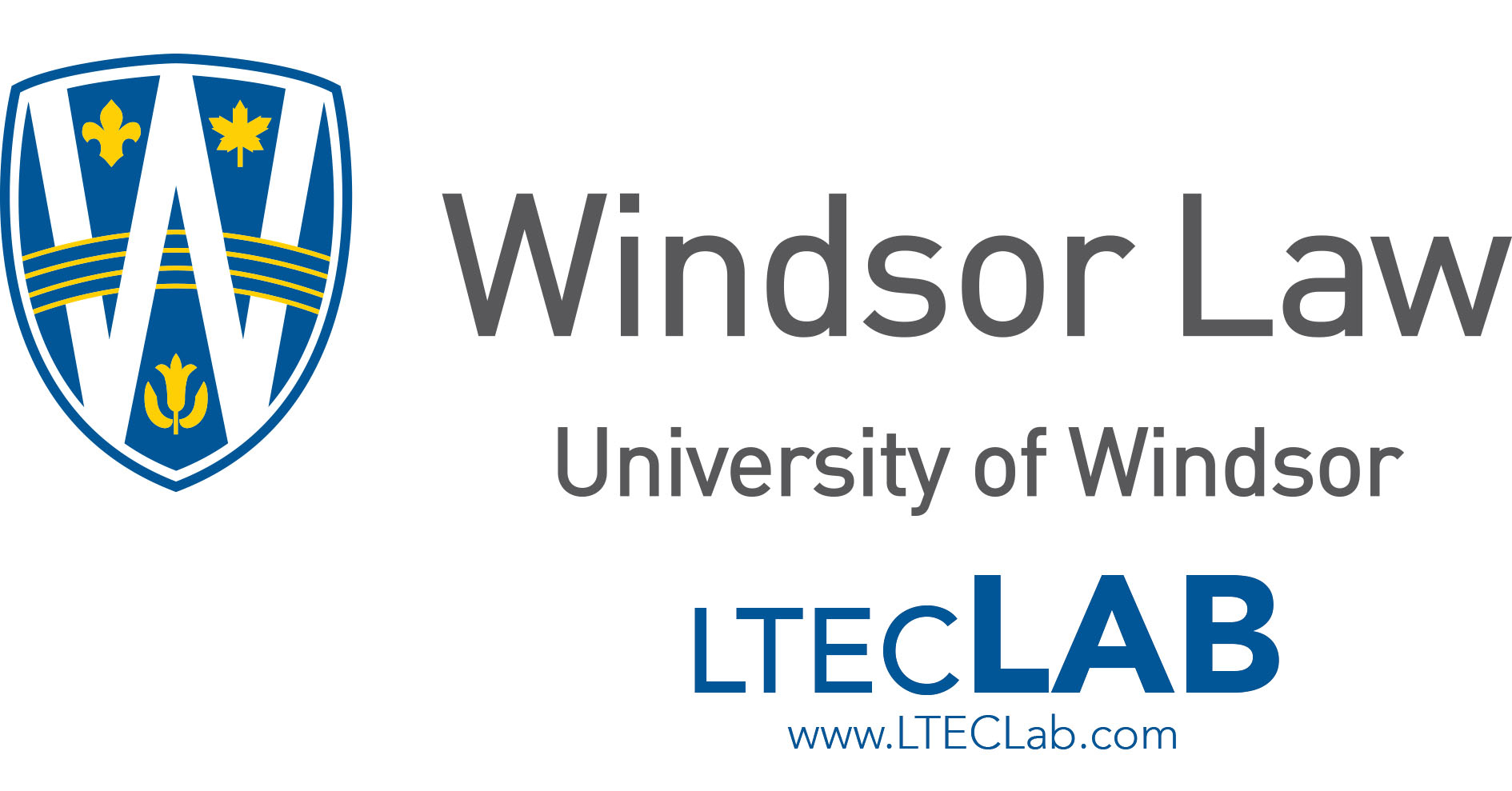
At Windsor Law, research is vibrant. Our faculty members share a commitment to access to justice that permeates their research. Our professors are scholars and experts in a variety of areas including public law, Indigenous legal orders, corporate and commercial law, environmental law and civil procedure, to name just a few.
Through our scholarship we realize our institutional values of being people-centred, community-engaged, justice-seeking, dynamic and inclusive, and propose ways in which the law can be a tool for social change, contributing to a more just and equitable world.
We are immensely proud of our Windsor Law research centres and their work, including their advocacy work. The Centres express their own independent views in their advocacy work and do not aim to represent the views of Windsor Law.
Research Centres
|
The Windsor Law Centre for Cities supports collaborative research, teaching and public engagement on the most pressing legal and policy issues for municipalities and local institutions. Our focus is on the tools for building and maintaining sustainable and inclusive communities. |
|
The Indigenous Legal Orders Institute aims to promote and assist Indigenous peoples with the revitalization and dissemination of their respective Indigenous legal orders through relationship building, collaboration and re-development using Indigenous and other creative research methods. |
|
The Law and Technology Lab (LTEC Lab) is a community that gathers University of Windsor faculty, students, and alumni whose research, teaching and experiential learning initiatives revolve around the theme of law and technology. “Lab” denotes Windsor Law’s progressive and innovative approach to legal research, teaching and experiential learning, the desire to experiment, test the law, and set new boundaries in these areas. |
|
The Law, Disability & Social Change Project conducts research into current legal and policy issues to help empower people with disabilities to fully achieve their rights and, more generally, to foster and develop inclusive communities. The LDSC Project focuses on listening to, incorporating and respecting the voices of people with disabilities and aims to further the motto “nothing about us without us”. The LDSC Project team undertakes a variety of projects that feed grounded research and theory into policy development and legal decision-making. Current projects include research on accessibility legislation, consent and capacity, transportation inequality, legal aid, general disability discrimination and more. Our students also publish a monthly summary of the human rights tribunal decisions in Canada relating to disability on this website every summer. The LDSC Project is directed by Professor Laverne Jacobs at the University of Windsor, Faculty of Law. |
|
The National Self-Represented Litigants Project (NSRLP) builds on the National Self-Represented Litigants (SRLs) Research Study conducted by Dr. Julie Macfarlane from 2011-2013. The project takes its mandate from the Final Recommendations of the Research Report: 10 Action Steps for the SRL Phenomenon. NSRLP aims to continue to generate energy and motivation towards serious contemplation of system change, reflecting the findings of the Research Study. NSRLP is committed to collaboration to enhance the responsiveness of the Canadian justice system to SRLs, and to continuing dialogue among the stakeholders who include SRLs, lawyers, judges and court services staff. |
|
|
Research Spotlight

“Windsor Law’s commitment to access to justice is one of the things that sets it apart. That commitment is manifest in many of the school’s institutional features, in our faculty research, in our course offerings, our admissions policy and our dedicated social justice careers coordinator. It sets the tone of the place.” Professor Claire Mummé.

“Windsor is a border city and Windsor Law takes full advantage of that - as a result there is no better place in Canada to study law in its transnational and global context. It has been immensely gratifying to see many of our students carve out international law careers after they graduate.” Professor Christopher Waters.

"Windsor Law is a community in the best sense of the word. It is a place where administrative staff, librarians, faculty members and students occupy a common space, interact with one another and enjoy a sense of belonging and fellowship. Where people share a common commitment to their respective communities, to a spirit of volunteerism and social responsibility. A place where excellence is encouraged, civility and compassion expected, collaboration and shared." Judge Jasminka Kalajdzic.






